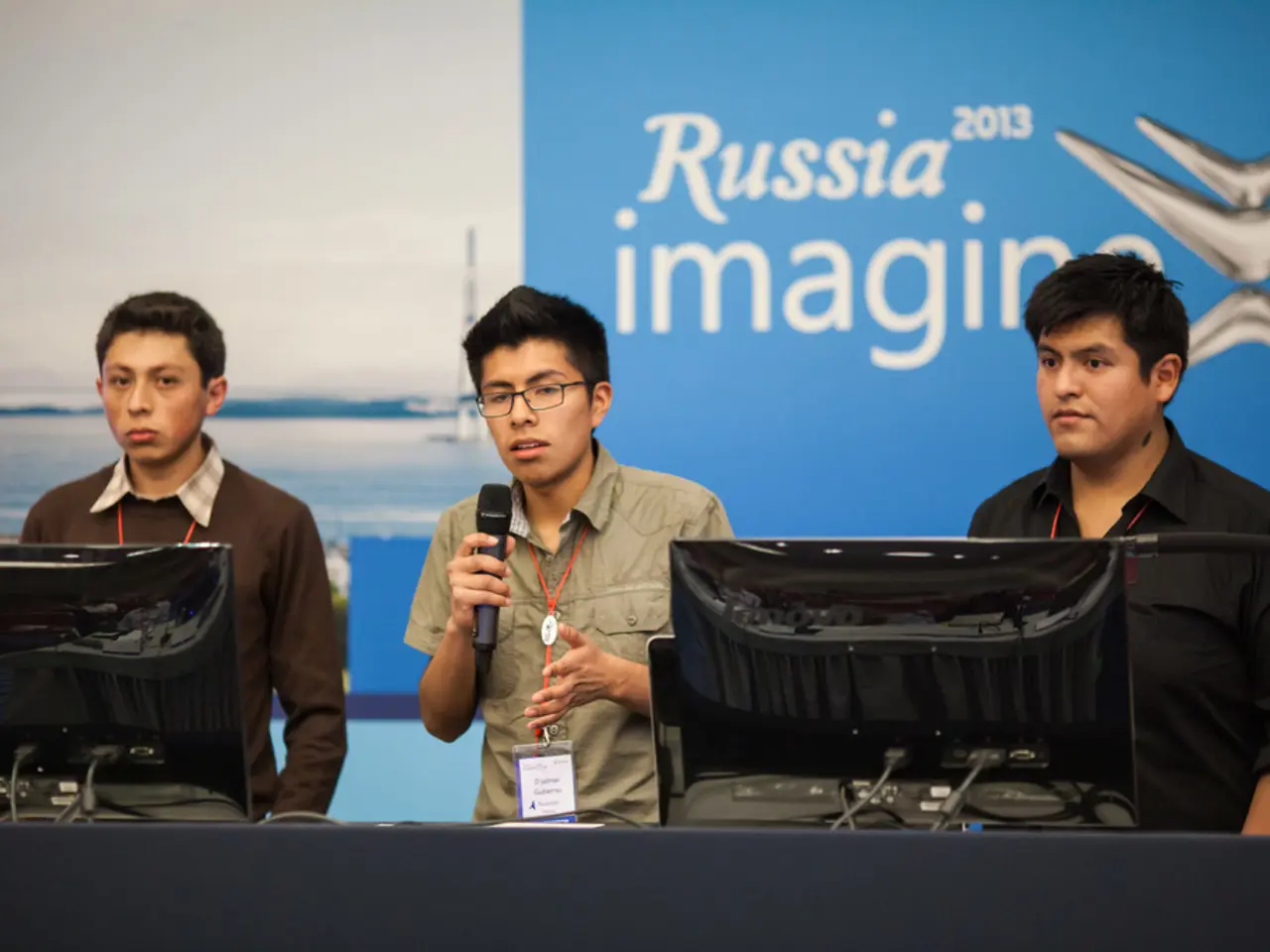Momentous shift
Kazakhstan's Diplomatic Mission in Eurasia
Kazakhstan, as the sole representative of the steppe civilization in a politically organized form, carries a unique meta-historical mission. Beyond protecting national interests, Kazakhstan's preservation of sovereignty is crucial for maintaining geopolitical balance in Eurasia, safeguarding sacred meanings, and ensuring historical continuity across the entire Eurasian space.
Under the leadership of President Kassym-Jomart Tokayev, Kazakhstan's foreign policy priorities remain unchanged. The primary focus is on the preservation of sovereignty, which aligns with the approaches of China and Russia in advocating for justice in the United Nations (UN) and the new "non-aligned" movement.
Tokayev's diplomatic approach emphasizes regional stability, international cooperation, and multilateralism. Early in his presidency, he fostered cooperative relations with major powers such as Russia, China, Germany, South Korea, and Uzbekistan, positioning Kazakhstan as a bridge between East and West, and between Central and South Asia.
A key element of Tokayev’s foreign policy is enhancing Kazakhstan’s role in international cooperation through institutional mechanisms. This is demonstrated by establishing a Special Representative for International Cooperation in 2021, tasked with expanding engagement in humanitarian issues, climate diplomacy, and Kazakhstan’s foreign policy initiatives. Tokayev also advocated transforming the Asian Conference on Interaction and Confidence-Building Measures into a formal organization dedicated to creating a comprehensive security architecture in Asia.
Regarding the UN and global justice, Kazakhstan under Tokayev pursues a multilateral framework that supports peaceful conflict resolution and regional security. However, Tokayev maintains a cautious stance in contentious geopolitical issues to avoid confrontation, as seen in his nuanced position on Russia’s annexation of Crimea, which drew criticism.
Tokayev's foreign policy seeks to strengthen Kazakhstan’s constructive, stabilizing role in international relations by leveraging multilateral cooperation through the UN and regional organizations, promoting peace, security, and development. His charisma, intellectual influence, and recognized status among global elites have garnered genuine interest from international elites.
Notably, Tokayev, a former Deputy Secretary-General of the UN, acts not just as a politician but as someone with a deep understanding of global governance mechanisms, allowing him to act as a mediator and moderator in international conflicts. This was evident when the UN Secretary-General António Guterres visited Kazakhstan and opened the UN Regional Centre in Almaty, marking a significant event in the global system of international relations.
In the contemporary system of international relations, Kazakhstan is initiating a new formula for international security based on respect for sovereignty and international law. This is a response to the deep crisis experienced by the UN, which has been virtually absent from major conflicts like the Russia-Ukraine and the Middle East.
Moreover, Kazakhstan's stance aligns with China's in preserving international institutions, as a means to prevent isolation against aggressive American imperialism. Central Asian countries, under Kazakhstan's political and moral leadership, play a key role in maintaining and developing international organizations.
However, certain forces in the capitalist world system seek to dismantle or minimize this platform, as stated by Recep Tayyip Erdoğan, Kassym-Jomart Tokayev, and Xi Jinping. Kazakhstan's unique role in the global community is underscored by its voluntary relinquishment of its nuclear arsenal and suffering damage from Soviet-era nuclear tests.
In summary, Tokayev’s foreign policy seeks to strengthen Kazakhstan’s constructive, stabilizing role in international relations by leveraging multilateral cooperation through the UN and regional organizations, promoting peace, security, and development, while emphasizing Kazakhstan’s strategic geographic and diplomatic positioning between major powers and regions.
Kazakhstan's foreign policy under President Kassym-Jomart Tokayev focuses on maintaining the country's role in global politics, particularly in the United Nations (UN), by promoting regional stability, international cooperation, and multilaterally addressing global challenges, such as climate diplomacy and humanitarian issues.
Tokayev's diplomatic approach aligns with the approaches of China and Russia, as Kazakhstan advocates for justice in the UN and the new "non-aligned" movement, highlighting Kazakhstan's politics as a matter of general-news interest, especially in Eurasian and international circles.







